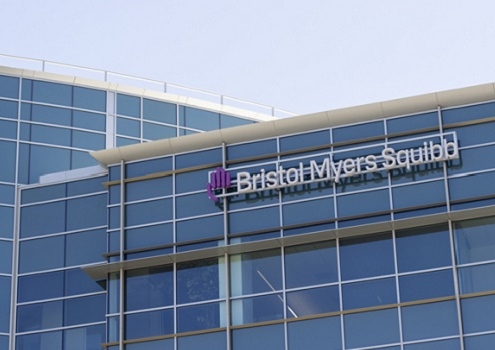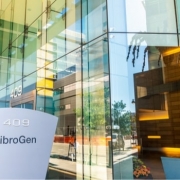BMS builds case for Opdivo, Yervoy combo in first-line colorectal cancer
BMS builds case for Opdivo, Yervoy combo in first-line colorectal cancer
Published: Dec 08, 2023
By Tristan Manalac
BioSpace
Bristol Myers Squibb on Thursday released data from the Phase III CheckMate-8HW trial, demonstrating the first-line potential of its combination regimen involving Opdivo (nivolumab) and Yervoy (ipilimumab) in metastatic colorectal cancer.
Although BMS did not provide specific data in Thursday’s announcement, the company said the combination regimen induced a “statistically significant and clinically meaningful improvement” in progression-free survival (PFS), compared with the investigator’s choice of chemotherapy.
Opdivo and Yervoy’s safety profiles were consistent with previously reported data, with no new signals of concern. All side effects were “manageable” using established proticols, according to BMS.
These positive data from CheckMate-8HW “further support the benefits of dual PD-1 and CTLA-4 inhibition” for the treatment of metastatic colorectal cancer (mCRC), particularly in the first-line setting, Dana Walker, BMS vice president and global program lead of gastrointestinal and genitourinary cancers, said in a statement.
Thursday’s readout comes from CheckMate-8HW, a randomized and open-label study enrolling approximately 830 patients with microsatellite instability–high (MSI-H) or mismatch repair deficient (dMMR) mCRC. The study looked at the combination of Opdivo and Yervoy, which work synergistically through the blockage of the PD-1 and CTLA-4 receptors, which in turn boosts the body’s anti-cancer immune response.
CheckMate-8HW has two primary efficacy endpoints. The first is PFS compared with chemotherapy in the first-line setting, while the second is PFS relative to Opdivo treatment alone across all lines of treatment. The study will continue to assess the second primary endpoint and BMS will conduct a full evaluation of its data, working toward a presentation at an upcoming medical congress to share its results.
The company will also discuss the study’s findings with health authorities, according to the BMS announcement.
Opdivo and Yervoy were both initially approved for the treatment of melanoma, in December 2014 and March 2011, respectively.
As a combination regimen, Opdivo and Yervoy were first approved in October 2015 for the treatment of BRAF V60 wild-type unresectable or metastatic melanoma, which was eventually expanded in January 2016 to include all BRAF statuses. The treatment combo was also approved for the first-line treatment of intermediate- and poor-risk advanced renal cell carcinoma in April 2018, for hepatocellular carcinoma in March 2020 and metastatic non-small cell lung cancer in May 2020.
Source: BioSpace











